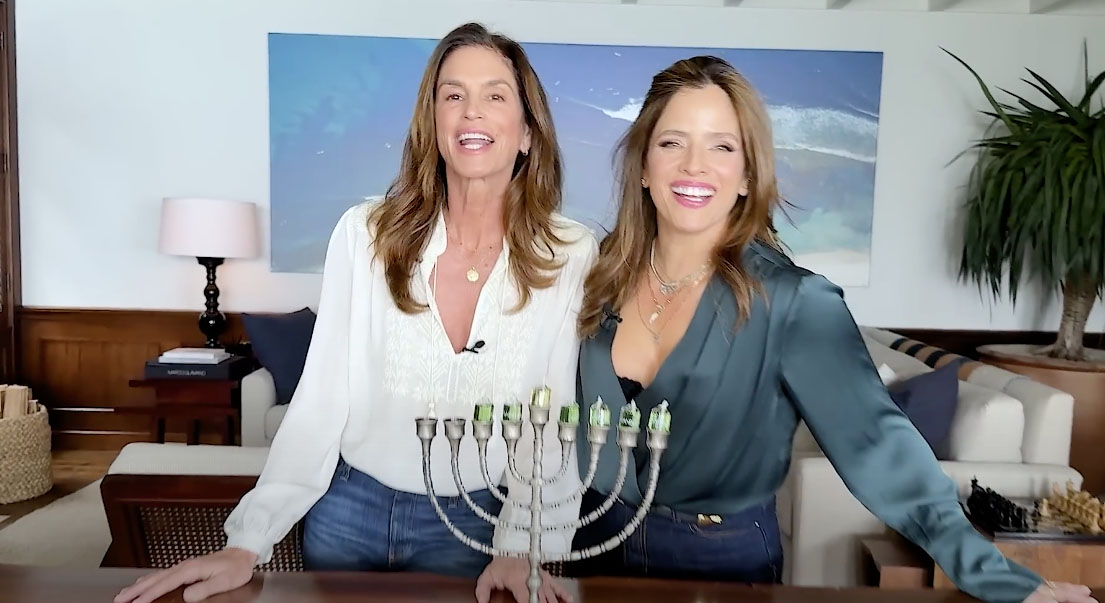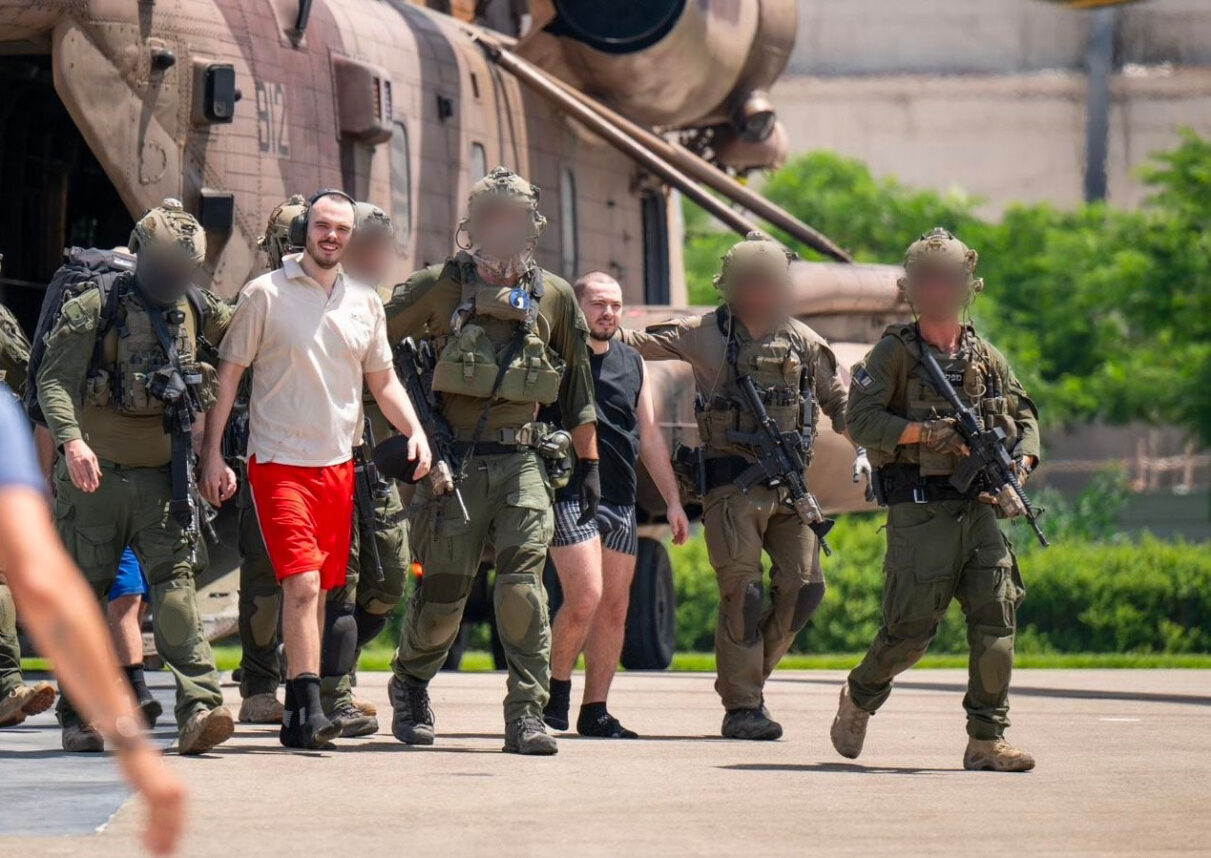It didn’t take long for publicity hound Al Sharpton to call the not guilty verdict in the George Zimmerman trial an “atrocity,” “probably one of the worst situations that I have seen,” “a sad day in the country” and “a slap in the face to those that believe in justice in this country.”
Had the jury decided differently, presumably Sharpton would have called it “justice.”
I have no idea if Zimmerman is guilty of murder in the tragic death of Trayvon Martin, or if he acted in self-defense. I wasn’t there that night. I didn’t even follow the trial. But I am following the reaction to the verdict and, so far, I have to say that much of the reaction, especially the racial slant, is disappointing.
Rich Benjamin of Salon went as far as calling the verdict “a green light for racist vigilantes,” while Robin Abcarian of the Los Angeles Times lamented that “Even killers get the benefit of the doubt,” as she “struggled” to see the justice in the verdict.
Meanwhile, as reported on the Breitbart news site, Cristina Silva, a reporter for Associated Press, tweeted this out from her verified Twitter account (before deleting it): “So we can all kill teenagers now? Just checking.”
Rabbi Michael Lerner of Tikkun called it “emblematic of the consistent racism and double standard used in the treatment of minority groups or those deemed 'Other' in the U.S. and around the world.”
Across the nation, The New York Times reported on the reaction as follows: “Lawmakers, clergy members and demonstrators described the decision not to convict George Zimmerman on any counts in the death of Trayvon Martin as evidence of endemic racism.”
Over on the home page of the Huffington Post, below the “Not Guilty” announcement, the editors felt the need to add “But Not Innocent.” (How would they know that?)
Another writer on the Huffpost home page called the verdict “A clarion call for the nation to grapple with racial injustice.”
What's with all these clarion calls? Grappling with racial injustice is perfectly noble, but how about first grappling with the evidence shown at the trial?
Before we rush to judgement with cries of “racism,” don't we owe it to ourselves to look calmly at the evidence presented to the jury?
As I see it, the best way to fight racism is by being color blind and sticking to the facts. Anyone who is upset at the Zimmerman verdict should have been significantly more upset at the O.J. Simpson verdict, when Simpson was acquited of murder despite overwhelming evidence against him. This clearly was not the case in the Zimmerman trial, where there was plenty of reasonable doubt about his guilt.
Thus, to accuse the six women of the Zimmerman jury of racism is even less fair than accusing the O.J. jury of reverse racism.
So, what about the evidence?
As a court reporter who followed the trial for the Daily Beast, Jacqui Goddard, wrote: “Despite 39 witness testimonies, the state never quite seemed to convince itself of its own case, let alone jurors, leaving ‘reasonable doubt’ in abundance.”
This abundant reasonable doubt played out on some key issues of the case, as Goddard reported:
“They played tape in court of a 911 call from a resident on which a man was heard bellowing for help in the background. It was Martin, they said, putting the young man’s mother on the witness stand to say as much. No it wasn’t, said Zimmerman’s parents, testifying for the defense, along with a host of friends and colleagues; it was their boy George.”
The doubt continued: “Local residents who had glimpsed the men struggling on the ground also gave evidence, but their accounts differed as to whether Zimmerman was on top of Martin, or vice versa.
“Then there was the gunshot itself. The medical examiner who performed the autopsy said that the gun had been pressed against Martin's chest when it was fired; not so, testified star defense witness Vincent DiMaio, a renowned expert on gunshot wounds. The bullet fired from the Kel-Tec 9mm semi-automatic pistol passed through the boy’s two sweatshirts in a manner that proved his clothing was hanging two to four inches from his chest, consistent with Zimmerman’s claim that Martin was on top of him at the time, leaning over him in combat.
“A medical examiner for the prosecution told the court that Zimmerman’s injuries were ‘insignificant’ and not symptomatic of him having received a thrashing before he fired the fatal bullet. But DiMaio said the opposite; they were serious, and consistent with the accused’s claim that Martin had pounded his head on the sidewalk.”
No matter which side you're on, that sounds like plenty of reasonable doubt.
“Your assessment is not less important than that of the jurors,” wrote Philip Bump in Atlantic Wire, “but it is less informed.”
As Bump says, “No matter how much of the trial you watched on CNN, those jurors almost certainly saw more of the evidence than you did. They held documents in their hands. They saw what the witnesses—and Zimmerman—were doing while not on camera. They were excluded from hearing evidence that the judge deemed inappropriate or inadmissible. They have been instructed on the specific components of the law. And, most important, they are the only ones who know what arguments are being used to persuade each other to reach a unanimous decision.”
In fact, if we’re going to talk about “injustice” and “atrocities,” that seemed to have happened more on the prosecution side.
Harvard Law professor Alan Dershowitz, an unequivocal champion of fair and equal justice, says the prosecutors should be charged with “prosecutorial misconduct” for suggesting the defendant planned the fatal shooting of Trayvon Martin.
“That is something no prosecutor should be allowed to get away with … to make up a story from whole cloth,” Dershowitz told “The Steve Malzberg Show” on Newsmax TV.
“These prosecutors should be disbarred. They have acted absolutely irresponsibly in an utterly un-American fashion.”
This irresponsible behavior was especially evident at the end of the trial, when the prosecutors asked the judge to drop the aggravated assault charge and instruct the jury on felony murder committed in the course of child abuse.
“Felony murder is a murder that occurs during a felony,” wrote Mark Steyn in the Orange County Register, “and, according to the prosecution's theory du jour, the felony George Zimmerman was engaged in that night was ‘child abuse,’ on the grounds that Trayvon Martin, when he began beating up Zimmerman, was 17-years-old. This will come as news to most casual observers of the case, who've only seen young Trayvon in that beatific photo of him as a 12-year-old.”
Bump of Atlantic Wire calmly concludes: “That you, on your own, decided George Zimmerman's guilt or innocence based on your sense of whether or not he killed Trayvon Martin is fine. It is your opinion. But when those six women [of the jury], exhausted and perhaps frustrated, emerge from their sequestration to announce their verdict, remember that your disagreement is worth little to nothing. You didn't see the case they did. And the case they saw was the only one that matters.”
Perhaps the best final words belong to Trayvon Martin family lawyer Benjamin Crump, who said to Washington Post reporter Jonathan Capehart back in February: “We will respect the rule of law…We won’t resort to vigilante justice. We will let vengeance be unto God.”






















 More news and opinions than at a Shabbat dinner, right in your inbox.
More news and opinions than at a Shabbat dinner, right in your inbox.